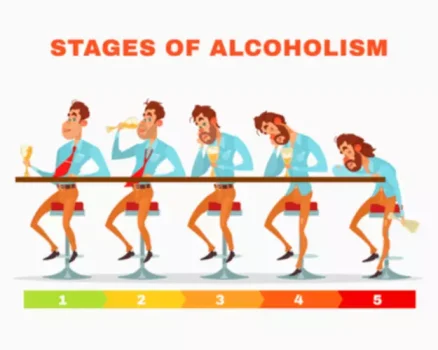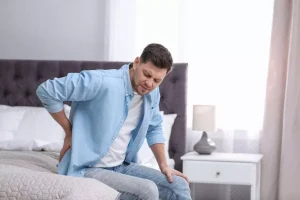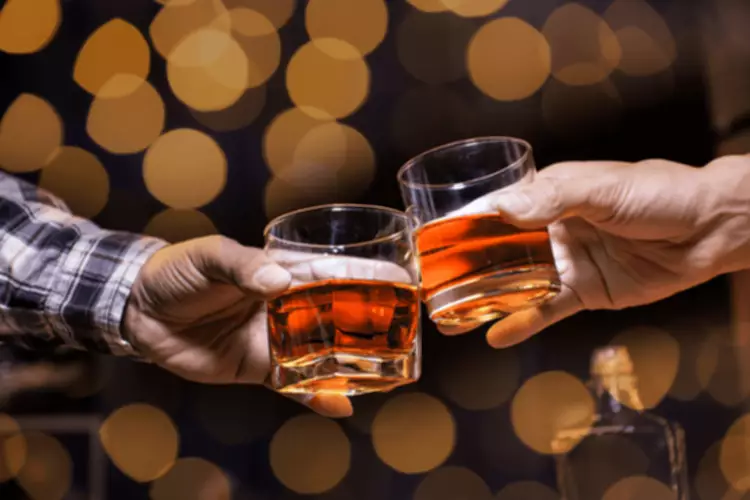
And then there are the frequent hangovers from binge drinking. Overall, the less you drink, the more energetic and youthful you will feel. Feeling better inside almost always means looking better on the outside. Depriving yourself of adequate sleep can make you age faster.
Alcohol and the Aging Process
By adding extra stress to your body and depriving it of the nutrients it needs to rebuild, alcohol can place you years ahead in the aging process, and affect how you look. Some types of dementia and alcohol-related brain damage develop as your brain cells shrink. Over time, heavy drinking can lead to loss of judgment, focus, and memory. You may have more trouble regulating your emotions or managing your coordination.
Alcohol And Its Effects On Aging

The results show that the clock ticks faster among heavy alcohol drinkers but slower among light to moderate drinkers. Of course, rapid aging affects your physical appearance. Women who had 28 drinks or more per week had a 33 percent higher chance of developing the same syndrome.
- In fact, a person may experience relationship problems with friends and family.
- You may not realize it, but alcohol and aging effects go hand-in-hand.
- Excessive alcohol use can have other visual and non-visual adverse effects on the body that can cause premature aging.
Can you reverse the effects of alcohol on the skin?

Consider your current health conditions and medications before you drink. Liver disease caused by heavy drinking can cause jaundice and hyperpigmentation, which will give the skin a darker appearance. Because alcohol affects your sleep, you may also notice under-eye circles the day after drinking (10). Alcoholic drinks are high in calories and have no nutritional benefit to your body. Alcohol can cause your face to become temporarily red and flushed (3).
Is it best to stop drinking altogether?

Heavy drinking can have a direct effect on certain parts of your body and on your mental health as you get older. And it can have some unhealthy indirect effects, as well. Although alcohol might make you feel more relaxed in the moment, in the long run it can increase anxiety and depression, feeding into a negative cycle.
Mixing it with certain sleeping pills, pain medications, or anxiety drugs can be life-threatening. Red wine has antioxidants called polyphenols that may help your cholesterol level and protect your blood vessels. If you drink it in moderation (about one glass a does alcohol make you look older day), some studies show that it might be good for your heart. But too much can lead to an abnormal heartbeat and high blood pressure. So if you don’t drink, this isn’t a good reason to start. Almost every adult deals with arcus senilis by the time they’re 80.
Oral Health
All in all, the sooner you quit or moderate your drinking, the better. If you or a loved one struggles to regulate or limit alcohol consumption, you don’t have to do it alone. Give your body the best chance at health and reclaim your youthful energy. The National Rosacea Society found that certain types of alcohol appear to trigger rosacea more than others. For example, about 76% of respondents reported that red wine worsened their skin condition. Alcohol is a diuretic, which means it increases your body’s urine production leading to dehydration, and this can manifest on your skin in different ways rather negatively.

Does Alcohol Age Your Appearance in Other Ways?
Over time, it also can damage the cerebellum, the area in your brain that handles balance and coordination. Older people often have concerns about falling, which is a common cause of injury in seniors. But younger people who drink alcohol are at a higher risk of injury from falls due to dizziness and confusion.
It was uncovered that leptin levels decrease by half after a person consumes large amounts of alcohol. Your doctor can give you abuse screenings to see how your drinking has affected your health. They can also recommend alcohol abuse programs specifically for older adults. As you get older, alcohol starts to affect you more than usual.